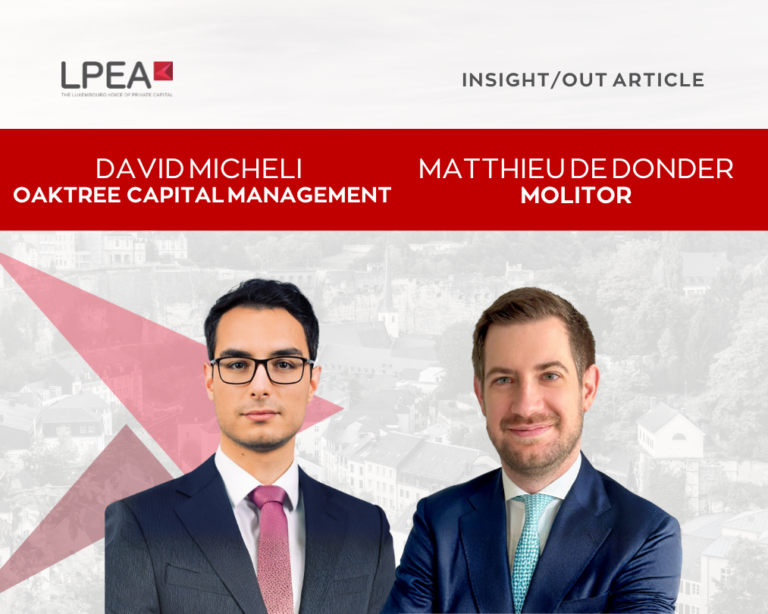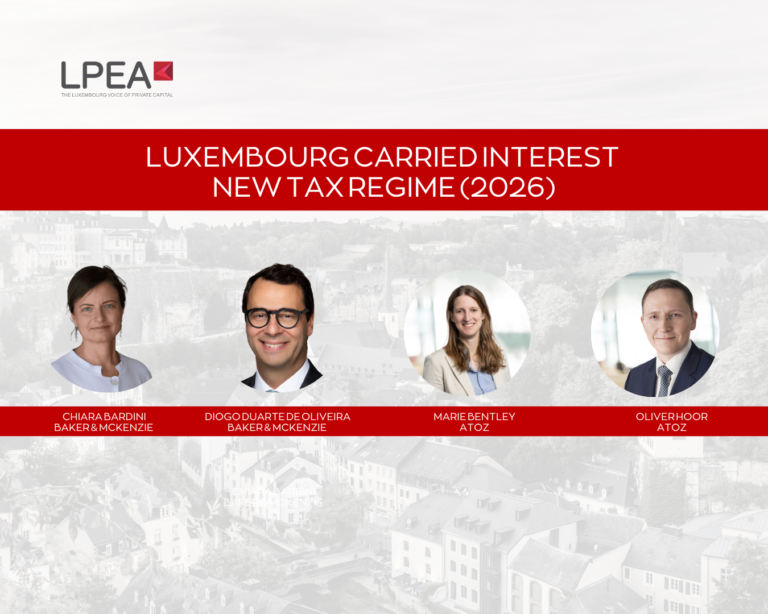The market sentiment in European Private Equity and Venture Capital: Impact of Covid-19
Download EIF Research.
The COVID-19 pandemic and associated mitigation measures caused a major shock to the European and global economiesin the first two quarters of 2020. The shock was initially transmitted via a complex mix of supply (e.g. labour restrictions due to illness of workers and/or their family members, school and business closures) and demand factors (e.g. reduced demand for specific goods and services, curtailing of investments). The shock was further amplified by financial markets and global trade linkages and spilled over to other segments of the economy. In this sense, the COVID-19 crisis differs from the Global Financial Crisis (GFC), where the contraction in economic activity was the result of an imbalance inherent in the structure of the financial system.
The European Commission’s Summer 2020 Economic Forecast (European Commission, 2020d) projects the EU economy (euro area economy) to contract sharply by 8.3% (euro area 8.7%) in 2020, and to grow by 5.8% (euro area 6.1%) in 2021 as economic activity normalises, helped by policy support. It forecasts that the global economy (excluding the EU) will contract by 3.9% in 2020 and grow by around 4.9% in 2021. Growth projections for the EU and the Euro area have been revised down by around one percentage point compared to the Spring 2020 economic forecast, and ten percentage points compared to the Autumn 2019 economic forecast. The risks for even more severe outcomes, however, are substantial.
The immediate economic effects of the COVID-19 mitigation measures have mainly manifested in sectors that rely heavily on social interactions. However, the de facto shutdown of a significant portion of the economy subsequently hit all industries. Overall business sentiment fell to all-time low levels and fear about the significant hit to business activity contributed to extreme risk-averse sentiment, resulting in the repricing of equities, commodities, bonds and currencies. Although a number of business sentiment indicators have shown a tentative recovery during May and June 2020, (1) business sentiment remains below its long-term average. High levels of volatility will persist in the near future due to the uncertainty around how long it will take to contain the spread of the virus and, by extension, how long economic activity might be hampered. Against the backdrop that hopes to achieve herd immunity have so far proven too optimistic, a full scale-back of the lockdown/social distancing measures will only be possible once a vaccine has been developed and mass-produced. (2)
The adverse effects of the COVID-19 pandemic also spilled over to Private Equity (PE) and Venture Capital (VC) activities. The PE and VC markets are a crucial part of Europe’s investment ecosystem, contributing to innovation, jobs and growth across the continent. At the fund level, there are adverse repercussions on fundraising, investment, and exits – and consequently on the financing of innovative Small and Medium-sized Enterprises (SMEs) in Europe (see e.g. Mason, 2020). General Partners (GPs) are expected to focus on cash flow management and resource management, while smaller and less established fund managers may struggle to source LP commitments (PitchBook, 2020).
This would prove detrimental to most young and innovative SMEs across Europe: a high portion of these are non-revenue generating and/or cash-flow negative. If access to PE/VC funding is restricted, they might be unable to access funding through alternative channels. Even for revenue-generating innovative SMEs, the potential reduction in sales due to COVID-19 might erode their capital base. This would reduce their chances to capture any additional debt financing to avoid insolvency.
In addition, venture-backed start-ups are historically vulnerable to recessions and economic slowdowns. In addition to the potential drop in demand induced by COVID-19, start-ups are unlikely to generate significant revenues; they typically have immature operational infrastructure and must therefore rely on outside capital (usually venture) to fund further operations and growth. Start-ups and scale-ups with a problematic cash flow situation at the start of COVID-19 might involuntarily become the target of opportunistic acquisitions (PitchBook, 2020). This might be particularly likely for regions outside of major PE/VC hubs, which could exacerbate the existing cohesion gaps(Mason, 2020). Similarly, the COVID-19 crisis is likely to have diverging effects across industries, creating “winners” – e.g. consumer health, biotech – as well as “losers” – e.g. travel, mobility and jobs (see Dealroom and Sifted, 2020). Moreover, if European tech companies are acquired by non-EU buyers, this could lead to foregone EU innovation and job creation.(3)
The purpose of the present paper is to discuss the potential effects of the COVID-19 crisis on the European PE and VC ecosystem. To this end, this paper follows a twofold approach. It first discusses the sentiment of European investors in the wake of the COVID-19 crisis, as gathered by three separate waves of EIF’s 2020 Surveys targeted to Business Angels, VC and PE Mid-Market investors respectively. In addition, this paper uses time series analysis to discuss the potential prospects of the European PE/VC ecosystem after the COVID-19 crisis.
This paper is mainly concerned with the cyclical behaviour of the European VC/PE market. However, the European PE/VC ecosystem also continues to be affected by a number of structural impediments, e.g. information asymmetries, thin markets due to the high fragmentation across (and within) national borders. We discuss these in Kraemer-Eis et al. (2016), with a focus on the structural failures of financing markets and an economic rationale for public intervention. For a practical approach to estimate the potential loss of activity induced by structural issues in the European PE/VC market, see Kraemer-Eis and Lang (2014) and fi-compass (2020).
The paper is organised as follows. Section 2 sets the scene by taking a brief look at the historical development of the European PE/VC markets, including during the Global Financial Crisis. Section 3 exploits the unique opportunity brought by three concurrent EIF Surveys administered in early 2020 to discuss the sentiment of investors at the outbreak of the crisis, when uncertainty increased dramatically. Section 4 discusses the results of a simple time series model to forecast the prospects of the European PE/VC market after COVID-19, based on the Spring 2020 GDP forecasts of the European Commission. Section 5 concludes.
(1) For example, the June 2020 Economic Sentiment composite Indicator produced by the Directorate General for Economic and Financial Affairs (DG ECFIN) of the European Commission was up by 8.1 percentage points compared to May 2020.
(2) For a brief summary regarding potential economic impact of COVID-19 and further readings see for example Hepburn et al. (2020).
(3) Based on an analysis of 3,600 EIF-supported seed and start-up VC investments from 1996 to 2015, Prencipe (2017) finds that about 50% of the performing EIF-backed European investees were acquired by non-European corporations, particularly from the US. This “raises the issue of whether the missing scale-up phenomenon in Europe could be linked to the lack of serial tech buyers, that is, incumbents in highly innovative and competitive sectors” (Prencipe, 2017).




